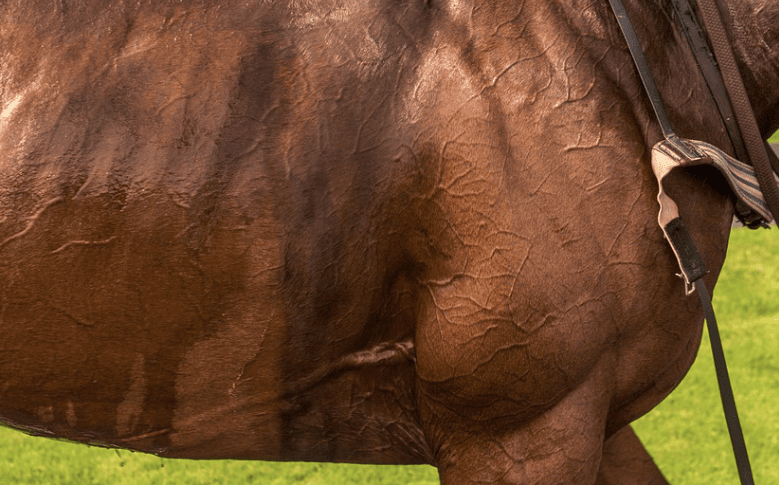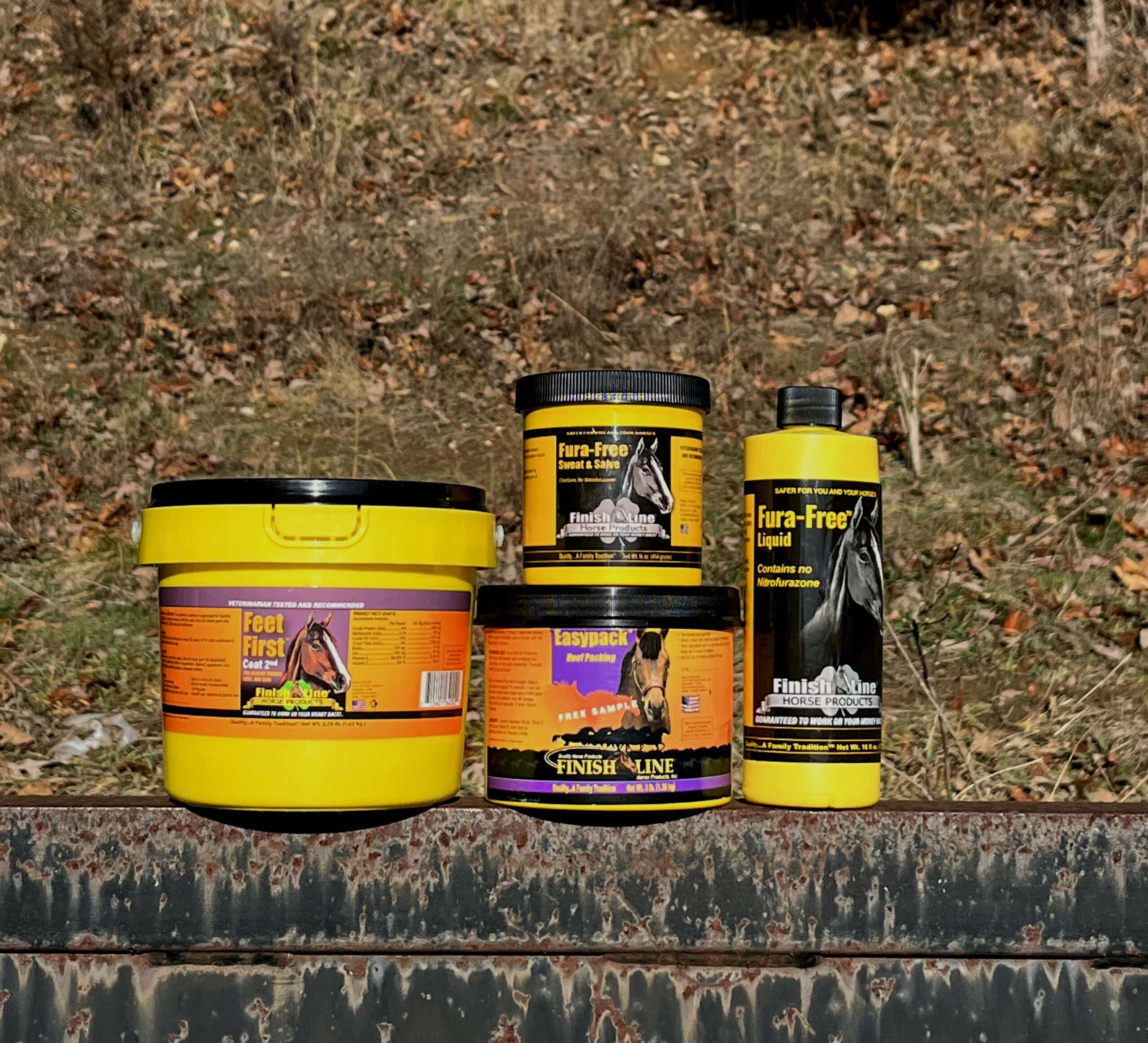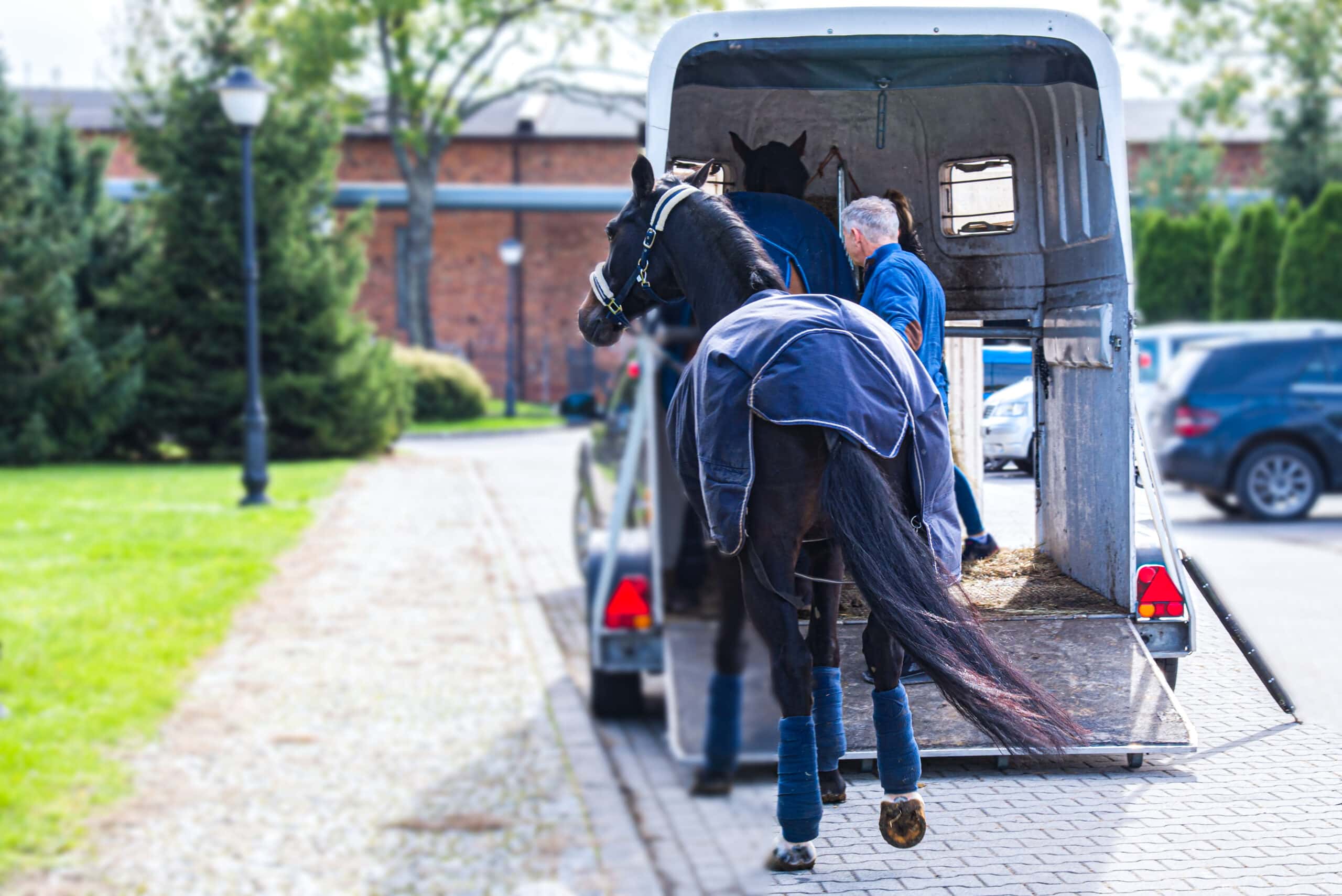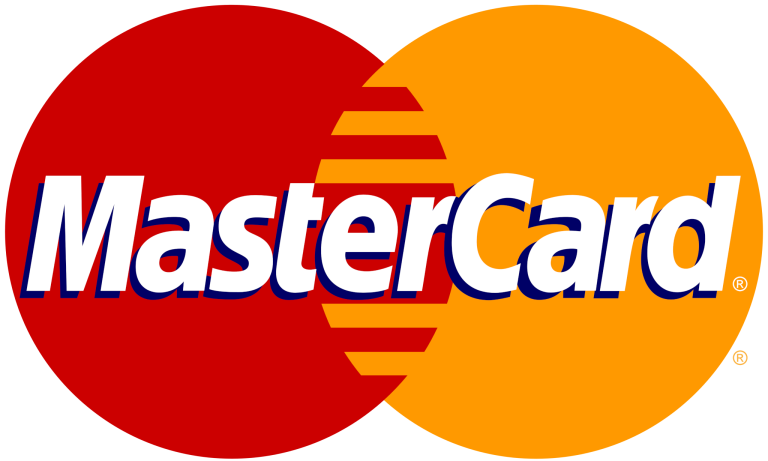Most people often hear about electrolytes through marketing campaigns for sports drinks, but generally live life without learning too much about these minerals and salts. Horse owners and trainers, however, recognize that electrolytes are an important component of equine health as they are needed for a variety of vital functions.
Becoming familiar with the subject is needed because trainers and owners often have to feed electrolytes and actively monitor levels before, during or after exercise.
What are electrolytes?
For the most part, electrolytes are compounds that form electrically charged ions when dissolved in water or other fluids. The primary electrolytes are sodium, chloride, potassium, magnesium and calcium, which all easily form solid bonds as salts that are then dissolved in water or blood. Electrolytes may exist in other trace materials, but these five constitute the core minerals.
What do electrolytes do?
“Conditioning, endurance riding and training, and competition are all likely to cause electrolyte loss.”
The charged ions that remain after electrolytes break down in solution create electrical pulses to facilitate communication between cells. These pathways also regulate the movement of fluid within the body. Electrolytes maintain cellular health by ensuring cells always have enough water, which is accomplished by diffusing across and through membranes to concentrate salt and water levels. Without the work of electrolytes, a horse’s body would have difficulty in maintaining these healthy ratios.
Yet electrolytes are important in other ways, as they support muscular and neurological function, stimulate thirst and promote metabolism of fats. Because of this, a depletion of electrolytes can cause an array of symptoms and problems that need to be addressed.
Why are electrolyte levels important to track?
Generally, trainers and owners don’t have to keep a 24/7 eye on electrolytes, as they are primarily lost during one activity: sweating. However, the high rate at which horses exhaust electrolytes through sweat makes monitoring their levels during high temperatures or heavy work vitally important. Horse sweat is the opposite of human sweat in that it is concentrated with salts and trace minerals—electrolytes—rather than water. The more a horse sweats, the more electrolytes it loses; and it doesn’t take strenuous exercise to result in electrolyte loss.
“Electrolytes lost during a typical hour of trotting and cantering on a hot, humid day measure about 75 g of sodium chloride and 30 g of potassium chloride in 25 pounds of sweat,” Hal Schott, a professor at the Michigan State University veterinary school, told The Horse.
More physical work, of course, requires an even closer eye to be placed on electrolyte levels. Endurance riding and training, conditioning and competition are all activities likely to cause the electrolyte loss.
What happens if electrolytes run low?
Trainers and owners have a responsibility to monitor electrolytes through horses’ sweat output and water intake because if levels become low, negative side effects and conditions can take various tolls. Thumps, for instance, is caused by depleted electrolytes, while dehydration, reduced blood flow, metabolic changes and neural interruption are more serious worries if electrolyte levels become unbalanced.
What can trainers do?
Fortunately, trainers and owners have options to address electrolyte loss; namely, they can introduce electrolyte supplements into a horse’s diet to ensure proper levels and increase water intake. Doing so could be as simple as always making sure there’s a salt lick available, to adding electrolyte-enriched products to water or feed. Electrolyte supplements can be delivered as a powder or as a fast-acting paste given directly to the horse. In either case, provide as much fresh water as possible, as electrolytes can encourage horses to drink.
Integrating electrolyte feeding into an overall routine or regimen may be a good idea for horses that get a lot of work, do not drink enough water or live in hot and humid climates. Generally, a gradual introduction of the supplement can help the horse become better accustomed to electrolyte-enriched products.
For more information on what type of products are available and how trainers and owners can use them, talk to the experts at Finish Line today. We have a line of electrolyte-enriched feed supplements and pastes that can replenish electrolytes and trace minerals lost in exercise and exertion, as well as improve hydration.









